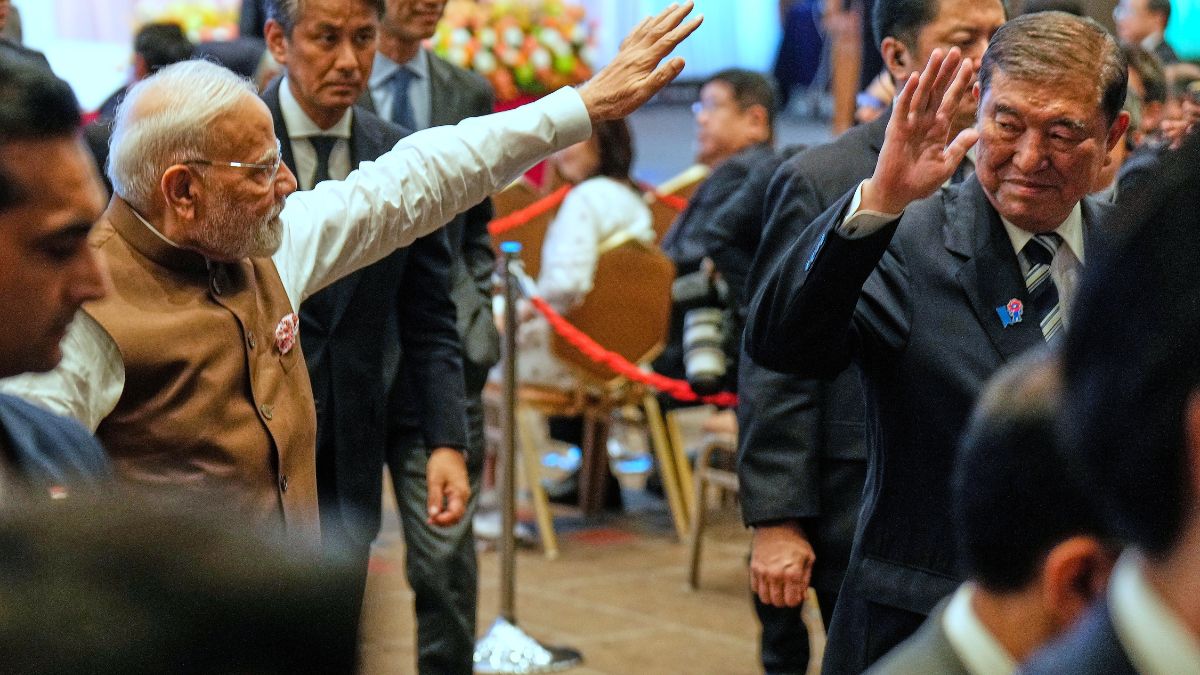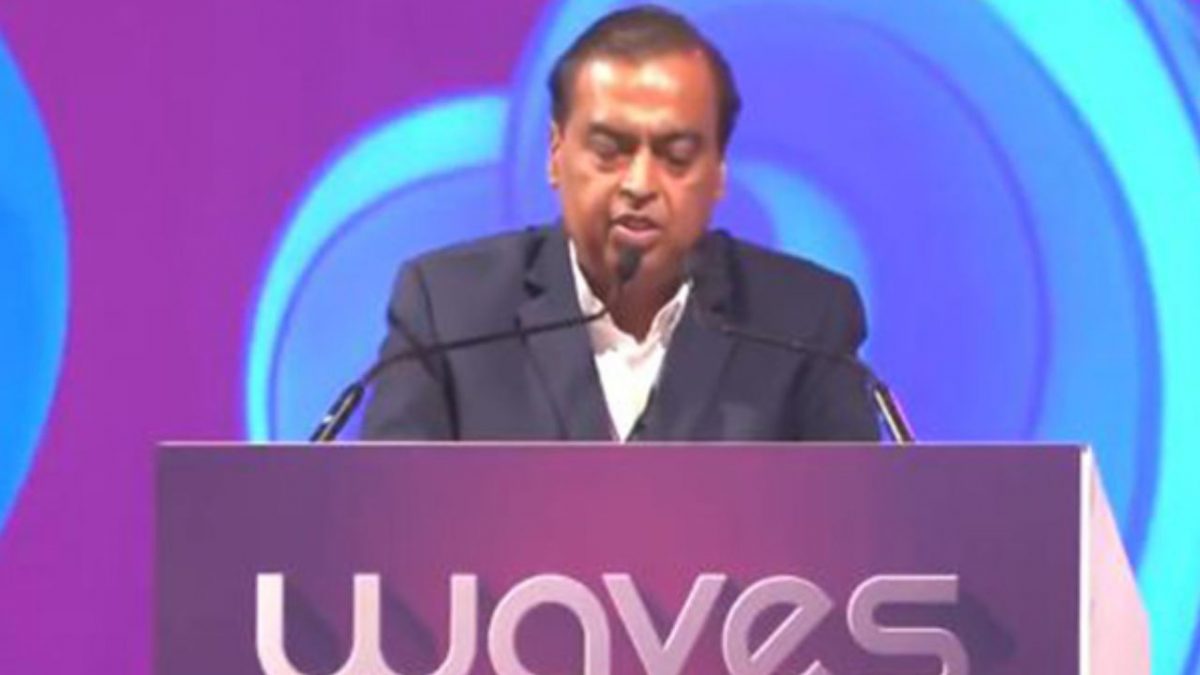PM Narendra Modi said that stable India-China relations are vital for a multipolar Asia and world while discussing deeper India-Japan cooperation in semiconductors, defence, space, AI and the economy.
Indian Prime Minister Narendra Modi said that stable and predictable India-China relations are essential for a multipolar Asia and a balanced world order, especially at a time of global uncertainty.
“Stable, predictable, and amicable bilateral relations between India and China as two neighbours and the two largest nations on earth, can have a positive impact on regional and global peace and prosperity. This is also crucial for a multi-polar Asia and a multi-polar world,” PM Modi told Japan’s Yomiuri Shimbun in an interview ahead of his visit to China for the SCO Summit in Tianjin following his Japan trip.
He added that India is ready to deepen ties with Beijing from a “strategic and long-term perspective on the basis of mutual respect, mutual interest and mutual sensitivity” while increasing strategic communication to address developmental challenges.
India-Japan ties enter “next phase”
Modi was in Tokyo for the 15th India-Japan Annual Summit with Prime Minister Shigeru Ishiba, where both sides focused on expanding their special strategic and global partnership.
“India and Japan are not just two close partners. We are ancient civilisations, vibrant democracies and leading economies. We share a common strategic outlook,” he said.
Modi spoke about security cooperation, innovation, economic resilience and prosperity as the pillars of the partnership. “I am confident that my visit, though short, will be long in impact. India and Japan will continue to be a force for peace, progress and stability in Asia and the world,” he added.
Semiconductor cooperation as a “pillar”
The prime minister said semiconductors are a key area of collaboration, stressing that India has already approved six semiconductor units with four more in the pipeline.
“By the end of this very year, ‘Made in India’ chips will be in the market, a clear demonstration of India’s design and manufacturing capabilities,” Modi said, adding that Japanese firms can play an important role in building a trusted semiconductor value chain.
“I see semiconductor cooperation emerging as a major pillar of the India–Japan partnership,” he said.
Expanding space and defence partnership
Modi confirmed that India and Japan will jointly pursue the Lunar Polar Exploration (LUPEX) mission, building on India’s Chandrayaan program. “Our partnership in space will not only expand horizons above us, but also improve lives around us,” he said.
On defence, Modi called collaboration a “success story,” pointing to regular joint exercises, co-production projects and a forthcoming Joint Declaration on Security Cooperation to advance modernisation and strengthen the Indo-Pacific security framework.
Economic, infrastructure and people-to-people ties
Japan remains one of India’s largest investors, with over 1,500 Japanese firms now active in India. Modi said bilateral trade and investment still fall short of potential, but noted that “the 21st century will see Japan as a major partner in India’s innovation, manufacturing and global value chains.”
He also encouraged greater people-to-people exchanges, particularly under programs such as the Specified Skilled Worker (SSW) and Technical Intern Training Program (TITP), to expand cultural, professional and linguistic linkages.
AI, Quad and Global South leadership
On artificial intelligence, Modi called for global consensus on Responsible AI, saying that governance should balance innovation with risk management. He pointed to India’s DEPA model and Japan’s DFFT initiative as complementary approaches.
Speaking on the Quad framework, Modi said the grouping has become a “force of global good” delivering results in maritime safety, technology, health, cyber security and disaster relief.
On the Global South, Modi reiterated India’s leadership role, citing initiatives such as the G20 African Union inclusion, the International Solar Alliance and the Coalition for Disaster Resilient Infrastructure. “India’s motto is Vasudhaiva Kutumbakam, the world is one family. We believe in building bridges of cooperation and friendship among nations,” he said.
Balancing global turbulence
The prime minister also spoke about India’s role in mediating the Russia-Ukraine conflict, reiterating his government’s position in favour of “dialogue and diplomacy.” He said that both President Vladimir Putin and President Volodymyr Zelenskyy had sought his views and India remained willing to support “meaningful efforts aimed at achieving peaceful resolution.”
With both China and Japan featuring prominently in Modi’s latest diplomatic outreach, his message placed emphasis on the centrality of Asian stability to global peace and prosperity.
End of Article

)

)